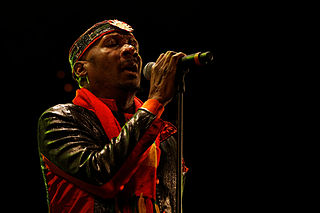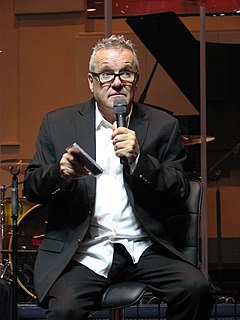A Quote by Ellen Langer
The rules you were given were the rules that worked for the person who created them.
Related Quotes
We hated Bauhaus. It was a bad time in architecture. They just didn’t have any talent. All they had were rules. Even for knives and forks they created rules. Picasso would never have accepted rules. The house is like a machine? No! The mechanical is ugly. The rule is the worst thing. You just want to break it.
I spent most of my teen years trying to figure out the rules of life, theories for why things happened, why people behaved as they did, and mostly I came to the conclusion that either there were no rules, or the rules sucked. Reading science fiction wasn't about imagining myself into some more exciting life filled with adventure, it was about finding a world where things worked the way I wanted them to.
In my own field, x-ray crystallography, we used to work out the structure of minerals by various dodges which we never bothered to write down, we just used them. Then Linus Pauling came along to the laboratory, saw what we were doing and wrote out what we now call Pauling's Rules. We had all been using Pauling's Rules for about three or four years before Pauling told us what the rules were.
It's easier for our brains to have a list of rules and say, "If we keep these rules, we're in, and if we don't keep these rules, we're out." The problem with grace is that it doesn't play by the rules. It covers sin, and it washes away shame. It releases you from self-hatred. You then realize, through grace in Jesus, and believing in Jesus, and agreeing with Jesus, that you evidently were worth dying for.
. . . for until that God who rules all the region of the sky . . . has freed you from the fetters of your body, you cannot gain admission here. Men were created with the understanding that they were to look after that sphere called Earth, which you see in the middle of the temple. Minds have been given to them out of the eternal fires you call fixed stars and planets, those spherical solids which, quickened with divine minds, journey through their circuits and orbits with amazing speed.
I'm an untrained musician. Untrained musicians don't really have any music theory, they don't have a lot of rules. We break the rules, but it's mostly because we don't know what the rules are. It's easy for us to go to certain places, so I'm not surprised that a lot of people were amused by my songwriting style.


































